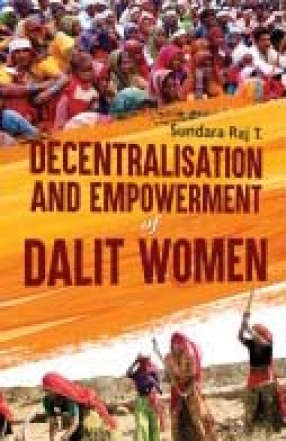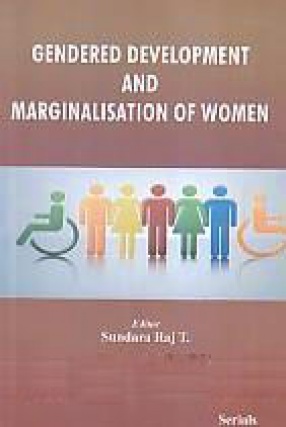This book primarily deals with the role of Panchayati Raj Institutions (PRIs) in empowering the Scheduled Caste Women and in doing so it focuses empirically on the structure, strategy and constrains in this process. The scheduled castes and scheduled tribes are the most backward communities in India. Democratic decentralization since its inception has been viewed as a harbinger of positive social transformation through enabling, empowering the masses, particularly those belonging to the disadvantaged and weaker sections of the society. This book is an attempt to find answer to the much sought after question; how far the Scheduled Caste Women in India have been able to make use of the opportunities offered by the PRIs for and empower themselves? Empowerment has been measured in terms of awareness regarding welfare measures, social participation, economic uplift and political participation. As the book tries to bring into limelight the challenges and constrains in the process of empowerment of Dalit women, it has an applied significance and policy implications. Hence this book will be of considerable interest to policy makers, political thinkers, students and scholars of sociology, social anthropology, politics and gender studies.
Contents: Introduction. 1. Methodology. 2. Awareness level and empowerment of scheduled caste women. 3. Social empowerment of scheduled caste women. 4. Economic empowerment of scheduled caste women. 5. Political empowerment of scheduled caste women. 6. Constraints in the empowerment of scheduled caste women. 7. Summary of findings and conclusion.






There are no reviews yet.